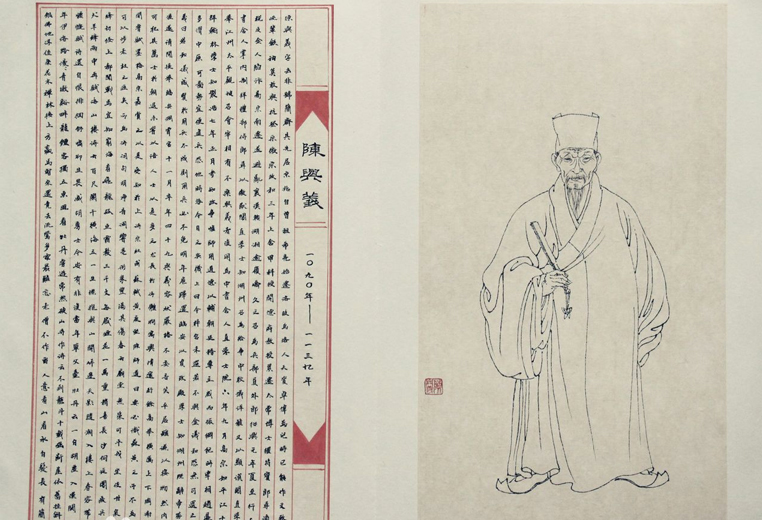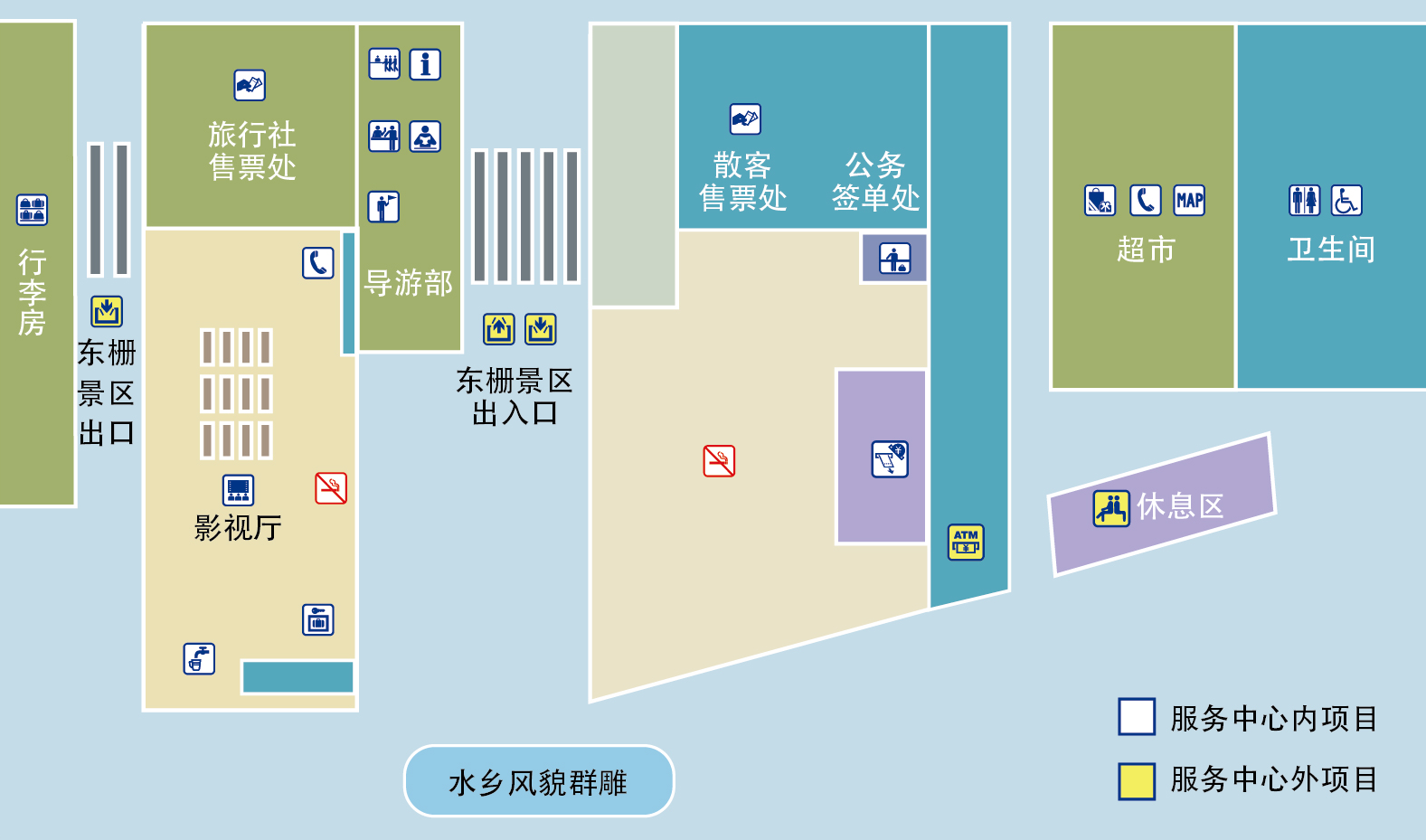


Qufei was his style name and Jianzhai, his name card in art. The Luoyang native served up to the ranking of Assistant Administrator. Within magistracy of the Huzhou prefecture, Chen got a lodge at the Furong riverside behind the Shousheng Temple, in Qingdun Town. The abode tagged Nanxuan, Chen preferred a laid-back and lonely life, as depicted in his own poems, “Shaded in the silkworm-cocoon paper drapery, wake up at the call of magpies at dawn”, or “Bare-breasted by the pavilion railings, for a treat of the sunset clouds at dusk.”
An over-the-top poet in the Song Dynasty, Chen was a promoter of the Sage of Poetry Du Fu, labeled among the 3 Masters School of Jiangxi Poetry (One Originator Inspiring 3 Masters), plus Huang Tingjian, and Chen Shidao. Originally prioritizing form, Chen made a diversion to approaching the Du-inspired spirit, as he experienced in person the ups and downs during the 2-dynasty transition of the Northern and Southern Songs, whether from wartime or exile life. This life-changing ordeal infused his works with gloom, melancholy, and insinuation, making him stand out from other Jiangxi sects. “Post the Yuanyou reign, poets popped up.... all not beyond the Su Shi and Huang Tingjian styles, until Jianzhai, a game-changer, who was sparked by Oldie Du.... creative yet concerned, simple in lieu of pedantic, and grand in place of gaudy, well above all others in line with style,” as cited from discerning reviews from the mogul poet Liu Kezhuang .
Enjoying a leisurely retreat in Qingdun, Chen associated with local monks and celebs, seeking routine solace in poetry. The chunk of his works embodied the tours to the Tiaoxi River boating and the pilgrimages to places of worship by the trio, Ye Tianjing (Ye De, a Confucianist in Beizha), monk Hongzhi and himself, as depicted in On Nostalgic Visit to Tianjing and Hongzhi, Evening Gathering with Hongzhi and Tianjing, to name a few.
Religiously following in Du’s footsteps, Chen got enriched in syntax, yongdian (allusions) and other poetic tricks. His legacy passed down, with Anthology of Jianzhai (30 volumes), and Wuzhu Ci (1 volume on Chinese classical poetry, with name in a nod to his Wuzhu Temple) in existence. Post the Song Dynasty, his Jianzhai Study, or the Temple, was acclaimed a sight to behold in Wuzhen, well across the Zhaoming Library.
Keyword:

